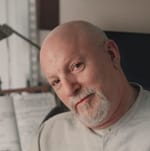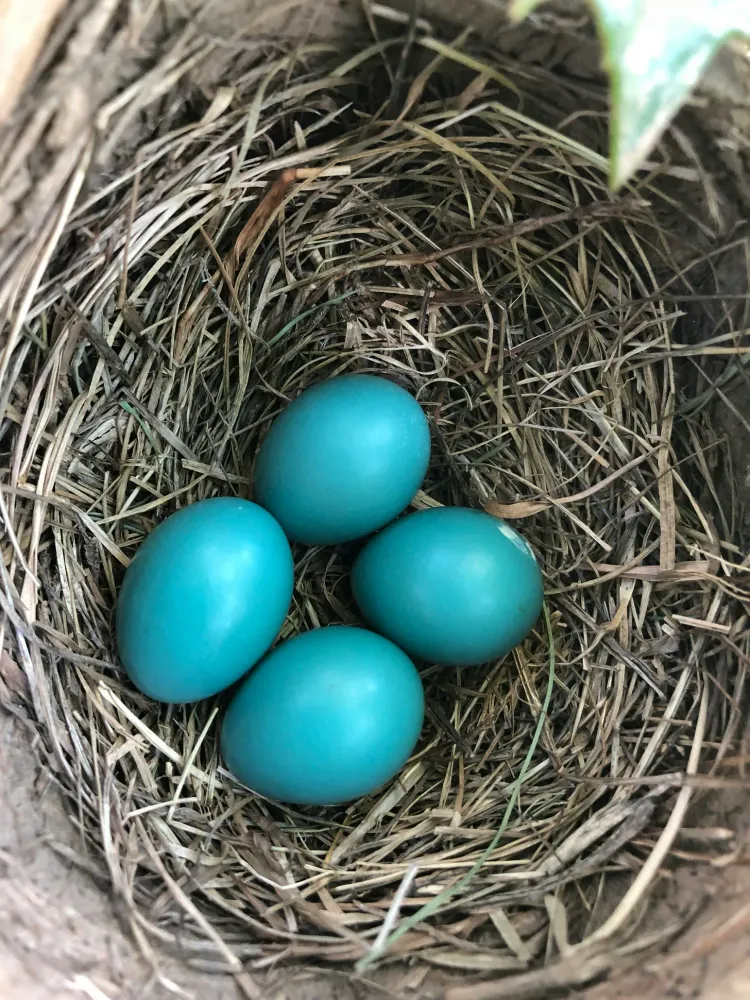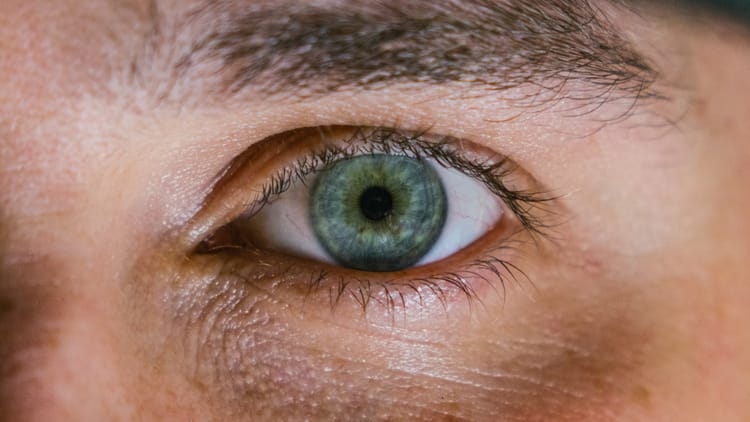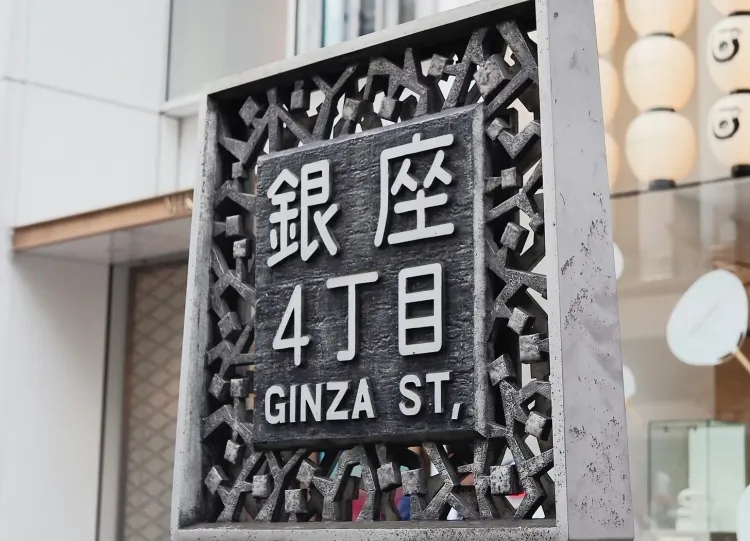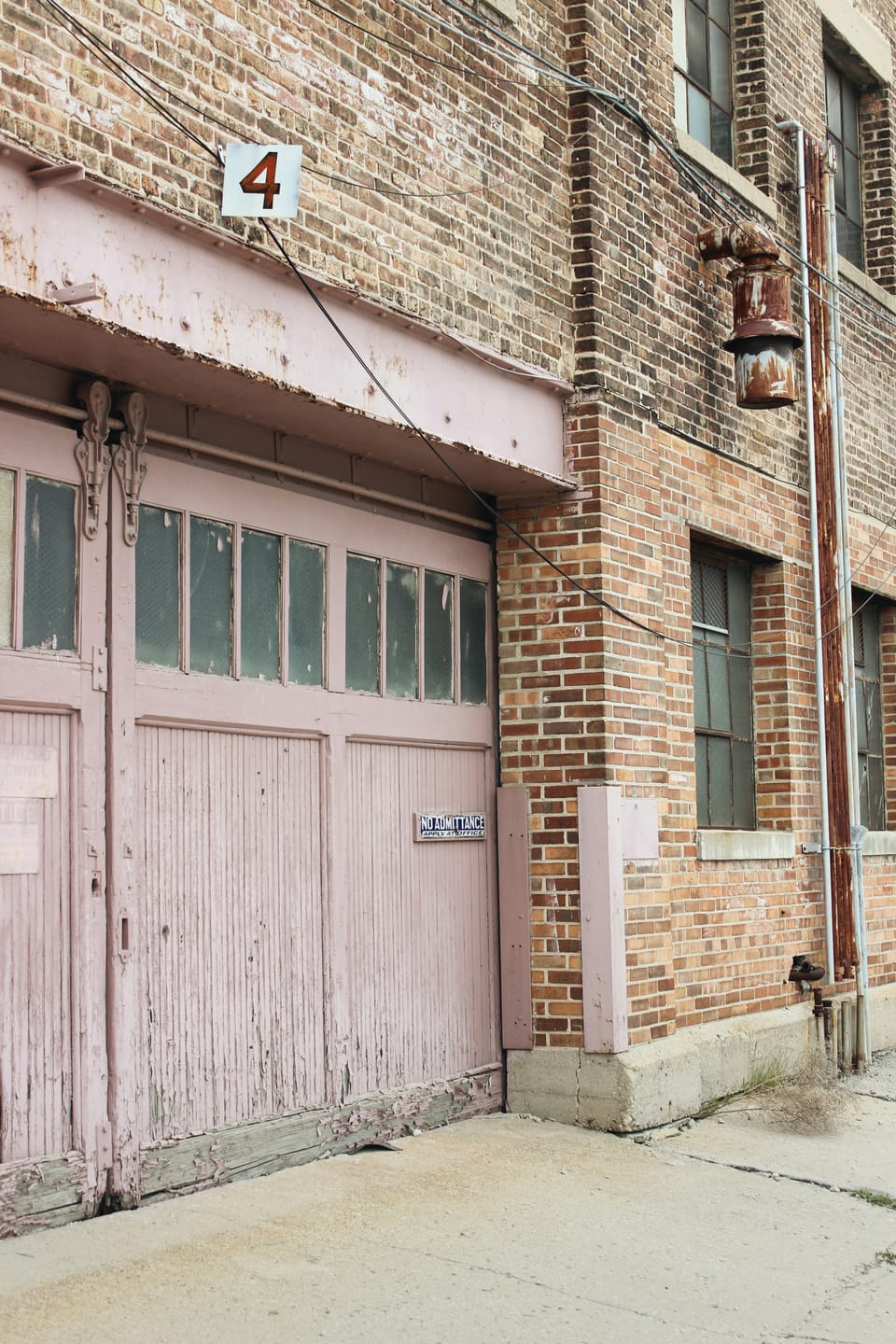
Four Things To Read
First, a little self-promotion:
Do Not Wish For Any Other Life: or How To Write Music For The Spoken Voice, by Owen Bloomfield: “The text of the piece is by Richard Jeffrey Newman, a poet from New York City. It is made up of a series of short sequences that take us on a journey of healing, from a sense of urgency to positive self-reflection. They are quite remarkable, powerful in their conciseness and vivid imagery. The writing drew me into a personal world that was wrestling with the spiritual decision of moving on from one stage of life into another. How does one deal with past events that contain wounds and regrets? How can one rise above these while acknowledging them? Richard takes us on a fascinating journey with a wide variety of emotional responses to these questions.” Owen Bloomfield is a Canadian composer who has set to music the second sequence in my book T’shuvah, Do Not Wish For Any Other Life. The piece will be premiered by The _____ Experiment in Kitchener, Ontario on April 19. Owen’s blog post gets into some of the technical details involved when a composer decides to work with text, but I especially appreciate what he has to say about the sequence. I’ll be traveling to Canada for the premier, and I am sure I will write about it in a future issue.
Then, continuing my project-for-the-year of reading the books on my shelves by people I know, here are two more:
The Fear of Large and Small Nations, by Nancy Agabian: At the highest conceptual level, this novel tells the story of the writing of a novel. In sections labeled “Blog Post,” “Story,” “Meta-Writing,” and “Journal,” the protagonist, a bisexual Armenian-American woman named Natalee, who goes by Na, makes visible how the act of writing frames her coming to terms with the different strands of political, intergenerational, and personal trauma that have shaped her life and from the repetitive cycle of which the writing of the novel ultimately helps her to free herself. This is a very interesting book, in both form and content. It insists, without apology, on the many-layered nature of how trauma shapes identity—gender, sexual, political, national, familial—and how identity helps determine the way we respond to trauma. If you’re looking for a novel to read, I highly recommend this book.
40 Weeks, by Julia Kolchinsky Dasbach: These poems track a woman’s experience as she carries a pregnancy to term, exploring what it means and what it feels like to be connected to the world through a body in which another body grows; and also what it means to have conceived that other body with someone whose own body is failing him. The books weaves a counterpoint of interiority and exteriority, playing one against the other to illuminate a conflict that is not explicitly articulated until the last poem in the book, titled “Why have children when the world is ending?” Dasbach’s answer is the familiar one, that children represent hope for the future, allowing us, through our commitment to care for them, to feel that hope in a way that might not otherwise be possible, but the path her poems take to arrive at that answer is where this book’s value and strength lie.
Finally, an article that makes a point worth paying attention to:
Women’s liberation mustn’t stop at either side of the Gaza fence, by Samah Salaime: “Since the onset of the war, we have all been pushed to choose a side — to support or condemn, to be for or against. This language, which we know so well from the toolbox of patriarchy, has also permeated feminist strongholds. Still in shock, Jewish and Palestinian feminists have been forced to take a stance: to believe or deny that Jewish women were victims of sexual violence during the Hamas-led October 7 assault on southern Israel. This question has been subsumed into the war of narratives in the aftermath of those attacks and amid Israel’s ongoing bombardment of the Gaza Strip.” While Salaime wrote this piece back in December 2023, the point she makes remains relevant, especially in light of findings by the UN’s Office of the Special Representative of the Secretary-General on Sexual Violence in Conflict that “there are reasonable grounds to believe that conflict-related sexual violence occurred during the 7 October attacks in multiple locations across Gaza periphery, including rape and gang rape, in at least three locations.” Salaime’s point is that such violence is no less an expression of patriarchy than the violence Israel is doing to Gaza as a whole and that women (and, by implication, men who are women’s allies) on both sides of the conflict need to recognize, assert, and fight against that. She doesn’t take on the question of whether the denial of the sexual violence committed by Hamas, much less the violence itself, is rooted in antisemitism. Others, though, have connected those dots—something I started to do in sections 2 and 3 of my essay “Israel and Palestine: Whose Side Are You On?”
Thanks for reading It All Connects...! Subscribe for free to receive new posts and support my work.
Four Things To See
Four Images Taken By the Hubble Telescope

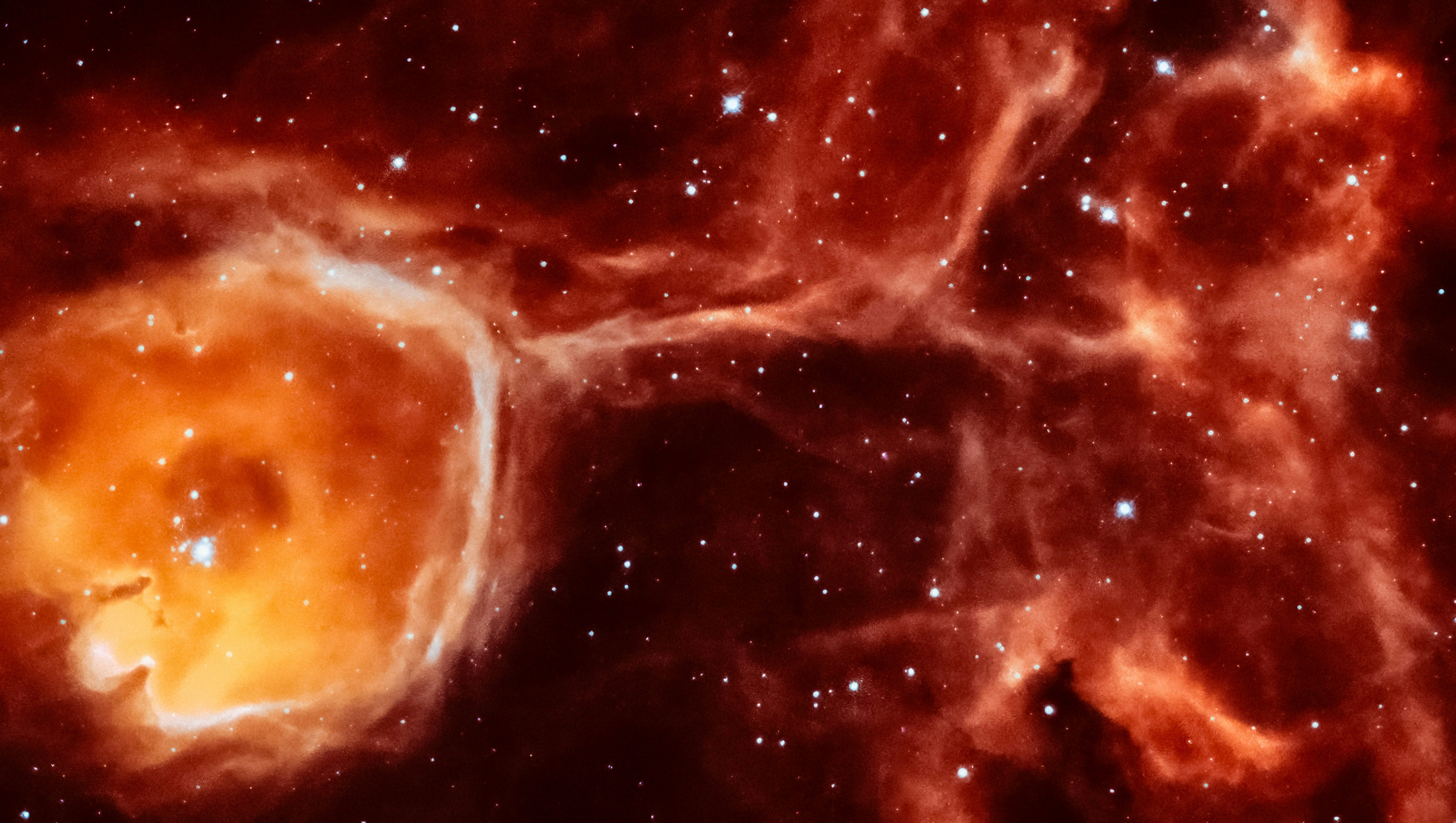

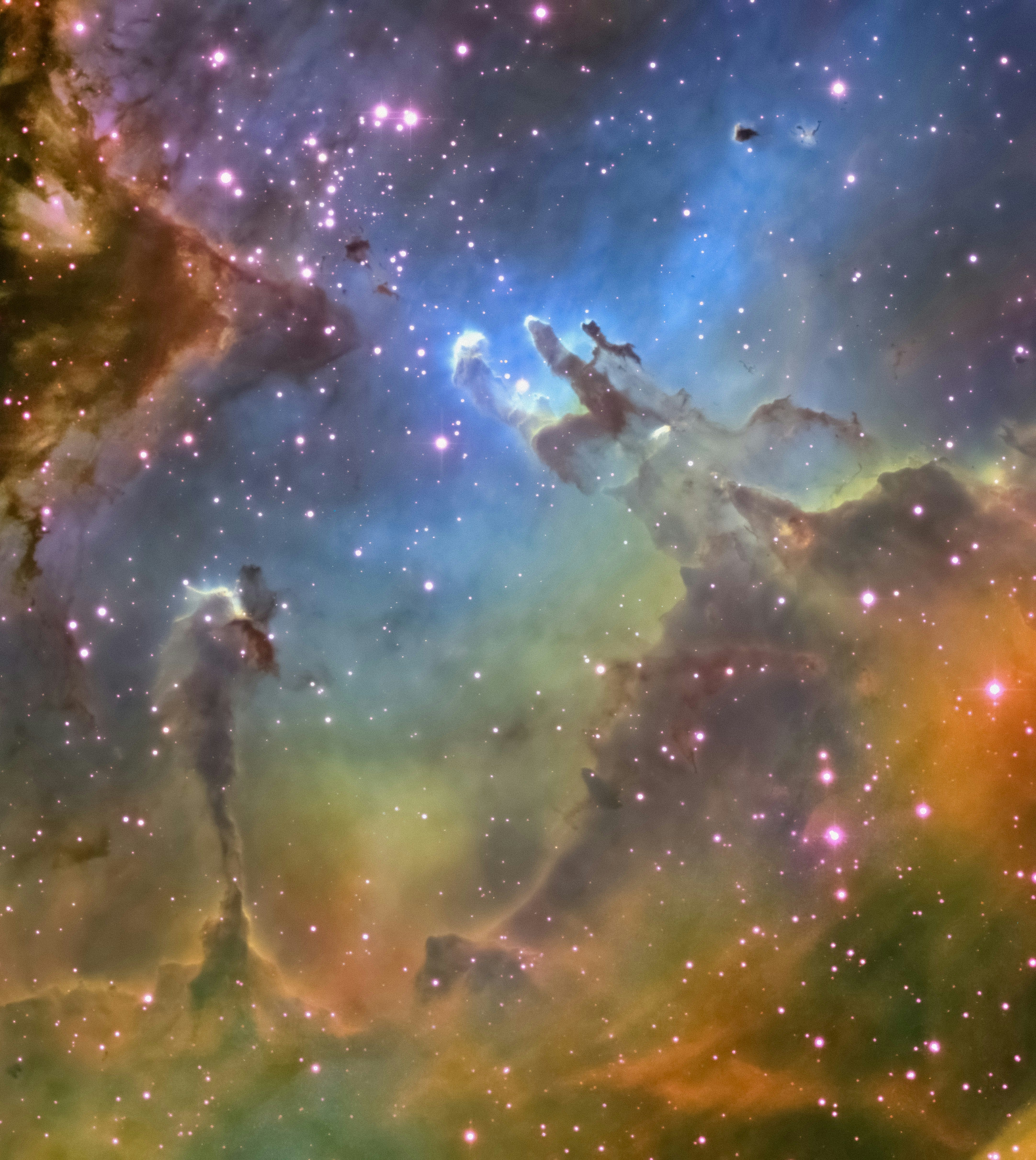
Four Things To Listen To
Mavis Staples - I'll Take You There (Oxford, MS 4-23-22)
New Orleans Jazz | Naseer Shamma - Wynton Marsalis
Sull Lull, from Madar, 1992 - Jan Garbarek, Anouar Brahem, Istad Shaukat Hussain
Thriller - Michael Jackson (1930s Jazz Cover) ft. Wayne Brady
Four Things About Me
Because it’s National Poetry Month, four things about me as a poet:
I called myself a poet for the first time forty years ago sitting in the Rainy Night House Cafe in the basement of Stony Brook University’s Student Union. I’d been writing in my journal at a table in back corner of the room and I can still feel the weight of the commitment that fell on me when I finally wrote out the words I am a poet. Not I want to be a poet or even I want to write poetry, but I am a poet. I sat there a little bit afraid of my own audacity—afraid, and also excited that I knew something about myself, had chosen something for myself, that no one else in my life had touched. More than choosing a major (English and Linguistics), more than figuring out that I probably wanted to be a teacher (which I have now been for thirty some odd years), the moment I wrote those words I was for the first time consciously, willfully, claiming for myself a central truth about the way I wanted to live in the world. It was a little bit afraid, yes, but I was also very, very happy.
I don’t think I was older than fifteen when I took Conrad Aiken’s Selected Poems off the shelf in the public library across the street from where I lived. I opened the book at random and read these lines:
Well, as you say, we live for small horizons:
We move in crowds, we flow and talk together,
Seeing so many eyes and hands and faces,
So many mouths, and all with secret meanings,—
Yet know so little of them; only seeing.
The small bright circle of our consciousness,
Beyond which lies the dark. Some few we know—
Or think we know. Once, on a sun-bright morning,
I walked in a certain hallway, trying to find
A certain door: I found one, tried it, opened,
And there in a spacious chamber, brightly lighted,
A hundred men played music, loudly, swiftly,
While one tall woman sent her voice above them
In powerful incantation … Closing then the door
I heard it die behind me, fade to whisper,—
And walked in a quiet hallway as before.
Just such a glimpse, as through that opened door,
Is all we know of those we call our friends.
I don’t know how else to say this. The music in those lines swept me away, and I remember wanting, feeling like I needed, to learn how to make language sing the way Aiken did.
The first poem I actually remember writing was a very long, self-indulgent diatribe addressed, when I was 17, to the girl whom I’d thought of as the only woman I would ever love. She’d broken up with me for reasons that, if I gave them now, without context, would seem petty and shallow, so I will tell you simply that she broke my heart the way only a teenager’s heart can be broken, into pieces I was sure could never be made whole again. Writing a poem about it was the next natural step. I remember sitting at my grandfather’s desk one Sunday when we were visiting and copying the poem neatly onto the pages of white loose leaf paper I put in the mail the next day. I don’t remember who called whom after she read the poem, but when she told me how much it hurt her, she also told me some deeper, very painful truths about herself that had to do with why she’d broken up with me. This was my first lesson in the ways that poetry can make a difference in how people relate to each other. I was no less heartbroken that she did not want to be my girlfriend anymore, but at least part of that heartbreak was for her, if that makes sense.
My twelfth grade teacher was a devout Catholic named Mr. Giglio. When I asked him if he would read some of the poems I’d been writing, he said yes. I only remember one of the poems I gave him, though, In rhymed couplets, of which I was quite proud, it imagined a post-nuclear-holocaust dystopian future and ended by passing judgment on God for having let such a thing happen.Mr. Giglio’s response was to tell me, “I think you should stop writing poems and focus on writing critical essays like what we’re doing in class. That’s what you’re good at.” When I asked him to explain why, he wouldn’t tell me. “I’ve said what I have to say” was as much as I got out of him, and that’s when I realized two things. First, his response had nothing to do with the quality of my writing; what I had written about had offended his religious sensibilities; and, second, that if my poem had disturbed him deeply enough that he felt it necessary talk me out of writing more, then I must be doing something right.
You are receiving this newsletter either because you have expressed interest in my work or because you have signed up for the First Tuesdays mailing list. If you do not wish to receive it, simply click the Unsubscribe button below.
Thanks for reading It All Connects...! Subscribe for free to receive new posts and support my work.
A poet and essayist, I write about gender and sexuality, Jewish identity and culture, writing and translation. My goal? To make connections that matter. I also help other writers do the same.
